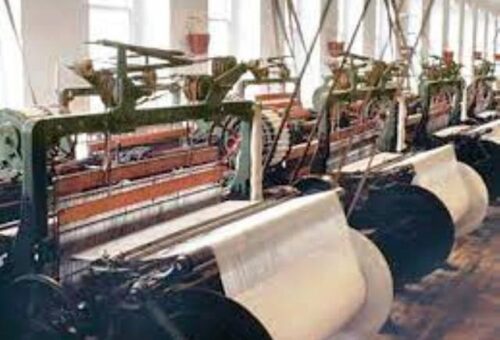KARACHI: Pakistan Yarn Merchants Association (PYMA) on Tuesday demanded the government to allow duty free import of cotton and cotton yarn through land routes, including India.
The PYMA appealed to Prime Minister Imran Khan to take steps to reduce the cost of production of the value-added textile industry, in view of the shortage of cotton, cotton yarn and the skyrocketing prices and allow duty-free import of cotton and cotton yarn from Turkey, India and Uzbekistan by land. So that exporters can compete in the ongoing price race in international markets.
In the appeal to Prime Minister, Hanif Lakhany, Vice President, Federation of Pakistan Chambers of Commerce & Industry (FPCCI) & Senior Vice Chairman Pakistan Yarn Merchants Association (PYMA), Farhan Ashrafi, Vice Chairman PYMA and convener FPCCI’s Central Standing Committee on Yarn Trading, said that the value-added sector in the country is facing immense difficulties due to shortage and price of cotton and cotton yarn reaching record levels, as cotton yarn is not available to these export industries even at high prices as per the production demand.
“If this situation continues, not only will it be difficult to fulfil export orders, but Pakistani exporters will also lose the ability to compete in global markets. Which could have a negative impact on the country’s exports, so the government should seriously consider PYMA’s proposal in the best interest of the country’s economy”, they feared.
PYMA office-bearers added that the exporters in the value-added sector are reluctant to accept new orders due to difficulties in procuring basic raw materials. Due to which these orders can be transferred to other countries.
Hanif Lakhany, Farhan Ashrafi appealed to Prime Minister Imran Khan to assist exporters in fulfilling old export orders in time and taking new orders, while also issue directives to allow duty-free import of cotton, cotton yarn from Turkey, India, and Uzbekistan by land. This will not only reduce the import period of raw materials but will also help in reducing the cost of freight charges.


